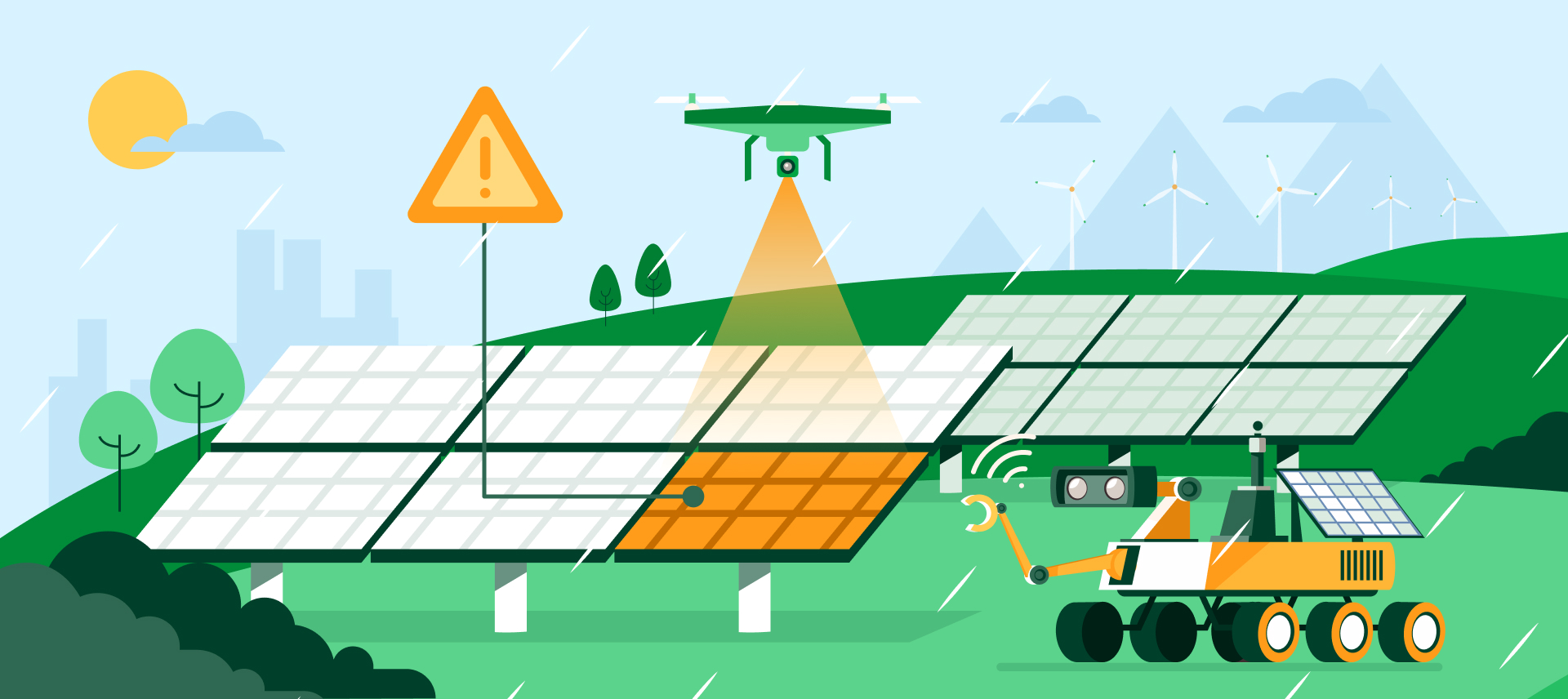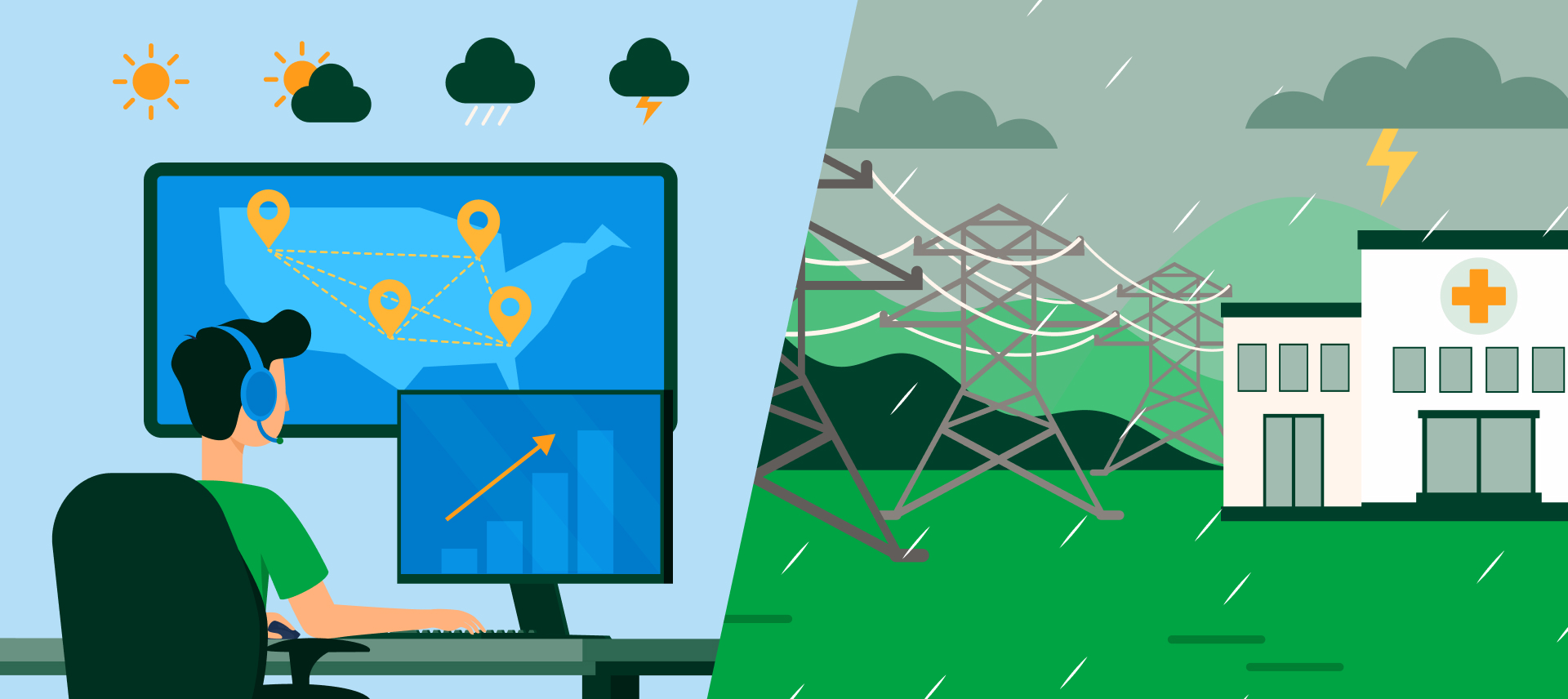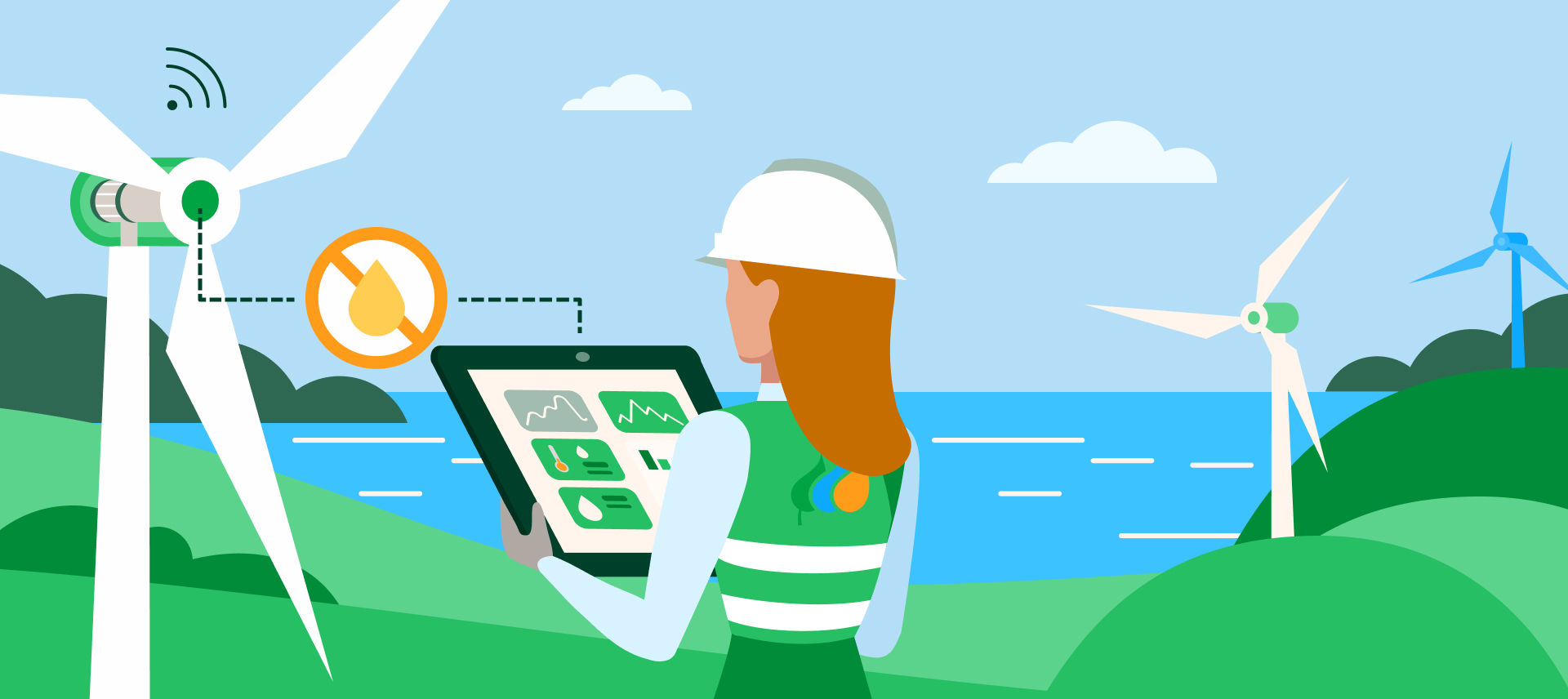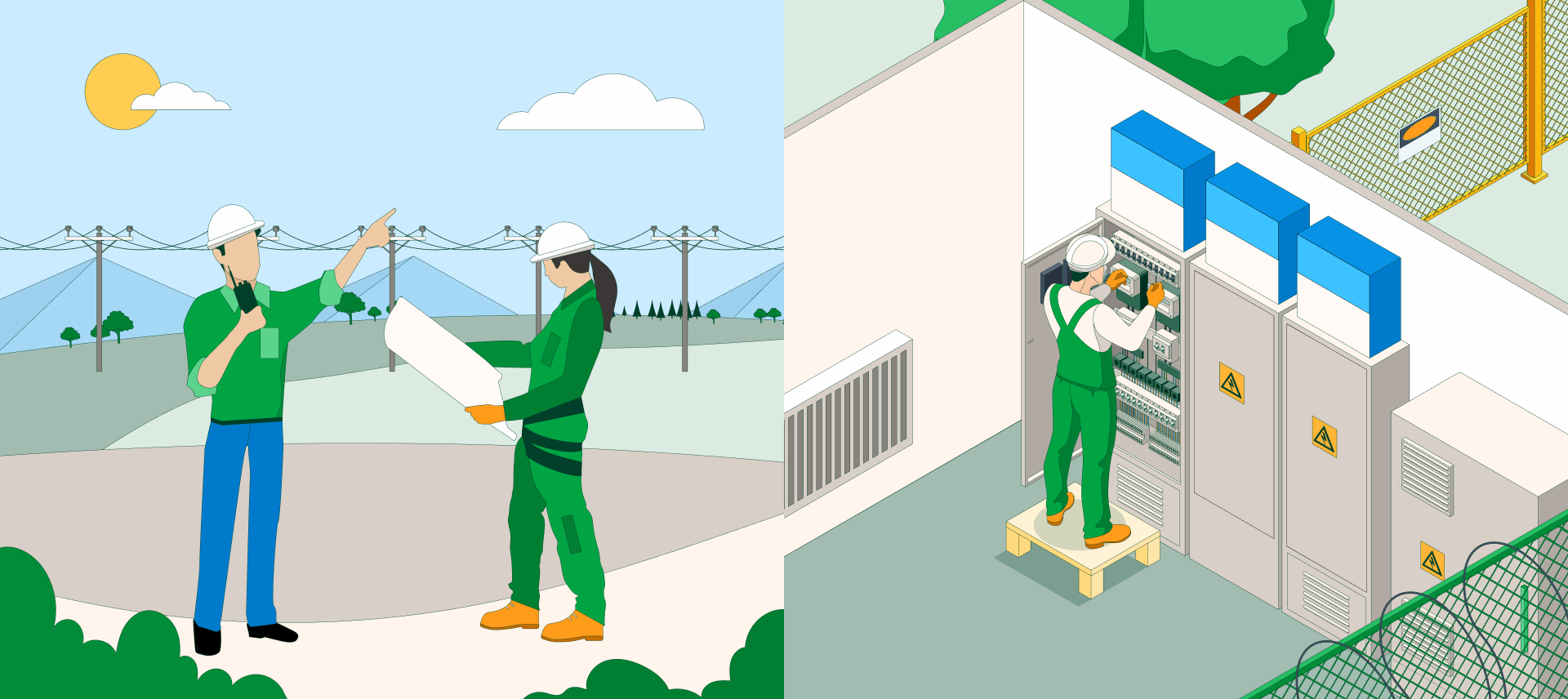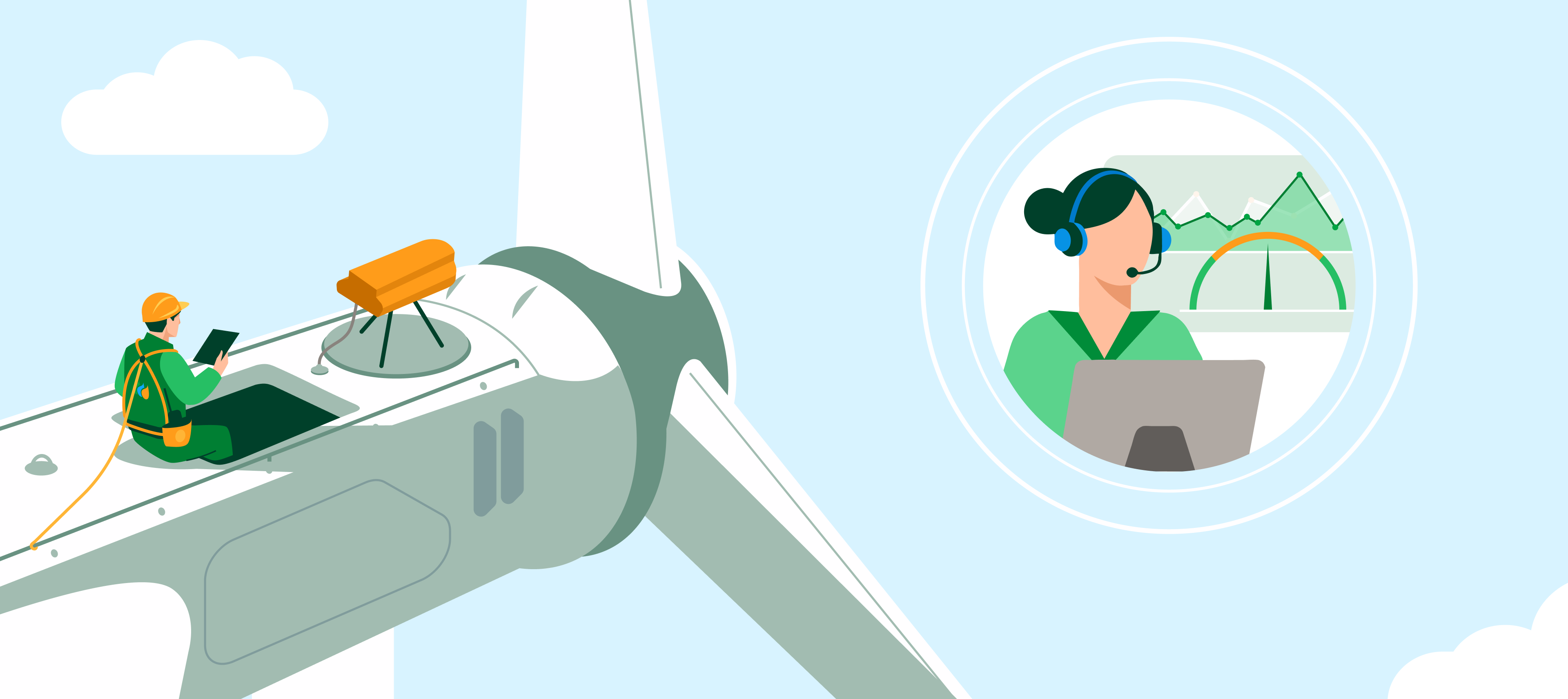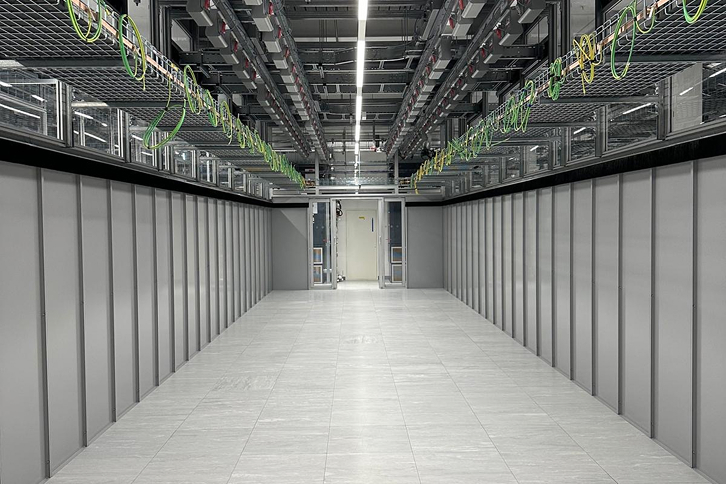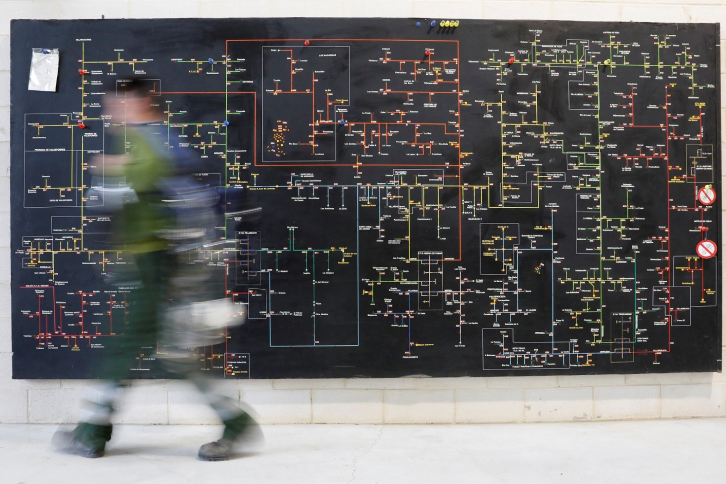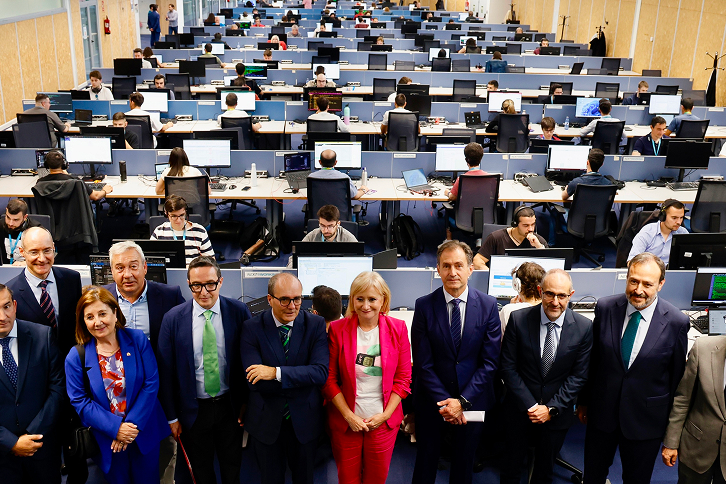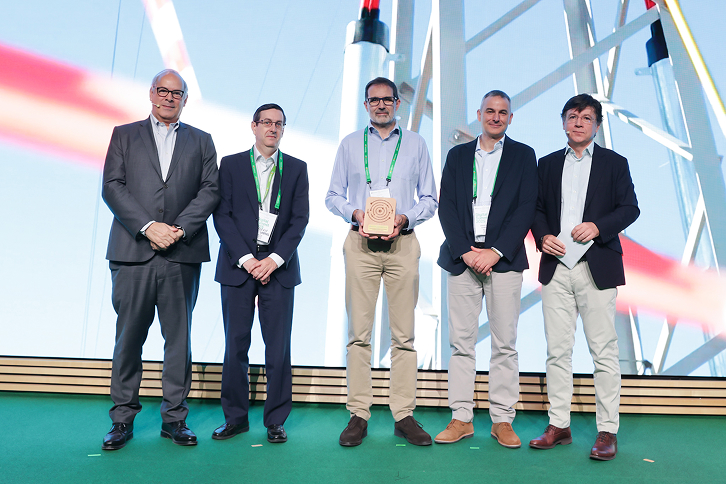Our innovation model
Innovation, a strategic pillar for Iberdrola
For more than two decades, Iberdrola has consolidated a business model based on continuous investment in R&D&I, which guides our strategy and enables us to anticipate the challenges of the energy sector.

Our R&D&I purpose at Iberdrola is clear: “drive the development of innovative and sustainable technologies across the entire value chain, aligned with the key drivers of the electrification towards a more electric, secure and healthy model for people. This is how we create value through our processes and products while also reducing environmental impact.”
This sustained commitment has positioned us as the world’s leading private energy company in R&D&I investment, according to the European Commission. In 2024, we reached a record figure of more than €400 million, and by 2030 we expect to exceed €7 billion in cumulative investment, with an annual target of €550 million in that year.
Open and decentralised innovation: The key to our leadership
Innovation is a strategic factor that ensures the sustainability, efficiency and competitiveness of the Iberdrola Group. Our global innovation model is defined by its open and decentralised approach:
- Decentralised: the process is carried out independently within each team and/or business unit, supported by the Technology Division.
- Open: we engage the entire innovation ecosystem by connecting startups, universities, suppliers and technology centres, acting as a driving force for technological progress.
By doing so, we are promoting R&D&I in all the countries where Iberdrola operates, encouraging collaboration and a culture of innovation. To achieve this, we have multidisciplinary innovation teams that act as local innovation hubs connected to the global ecosystem. All of them work closely with experts from Iberdrola’s business units and innovation centres to identify new opportunities and develop transformative initiatives for the energy sector.

With our Strategic Plan 2025-2028 we have reaffirmed our commitment to building a sustainable and secure energy future. Video voice-over transcription [PDF]
An innovative effort built around three main pillars
Our figures
Data taken from our 2025 Innovation Report and our Strategic Plan to 2028
NewTech Challenge
We are committed to technology start-ups to help us find innovative solutions to improve our operations and minimise our environmental impact.
Innovation news
18 December 2025
More about our innovation model
-
- Interview with David Purón: "GSGIH has enabled us to validate our technology on real distribution networks"
- MeteoFlow Project
- Solutions and services for our customers
- Iberdrola Innovation Middle East
- Smart Mobility Lab
- Expansive concrete phenomenon
- 12 types of innovation that transform businesses and industries
Articles from our guest authors














